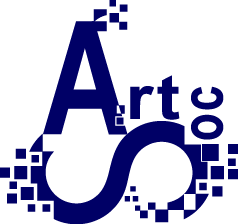Eighth international online seminar "Artificial Societies and Information Technologies"
On February 12, 2021, a meeting of the international online seminar "Artificial Societies and Information Technologies" was held, dedicated to the report of Cesar Garcia-Diaz (Pontificia Universidad Javeriana, Bogotá, Colombia) "Agent reflexivity in computational models: the case of diffusion of innovations"
Brief annotation.
Reflexive phenomena are usually understood in the social sciences as processes that affect themselves recursively. This stems from the mutual altering relationship between participants and the social process they belong to: participants can change the course of the process with their actions and a new state during the evolution of the process can lead to a change in its participants' behavior. This work proposes an agent-based model of diffusion of innovations in a social network to study reflexivity. In this model, agents decide to adopt a new product according to a utility function that depends on two kinds of social influences. First, there is a local influence exerted on an agent by her closest neighbors that have already adopted, and also by herself if she feels the product suits her personal needs. Second, there is a global influence which leads agents to adopt when they become aware of emerging trends happening in the system. For this, we endow agents with a reflexive capacity that allows them to recognize a trend, even if they can not perceive a significant change in their neighborhood. Results reveal the appearance of slowdown periods along the adoption rate curve, in contrast with the classic stylized bell-shaped behavior. Results also show that network structure plays an important role in the effect of reflexivity: while some structures (e.g., scale-free networks) may amplify it, others (e.g., small-world structure) weaken such an effect. The contribution of this work lies in the inclusion of evolving cognitive distinctions as agents decide product adoption in diffusion processes.
Video of this seminar on our YouTube channel




 YouTube
YouTube Requisites
Requisites